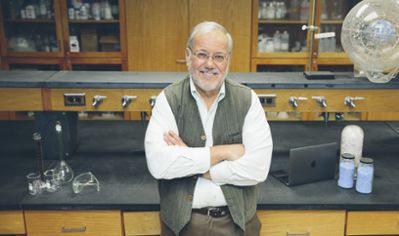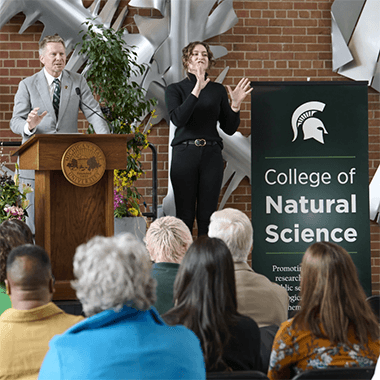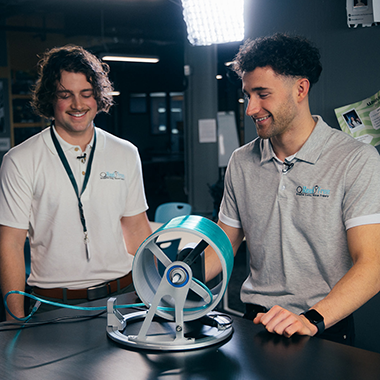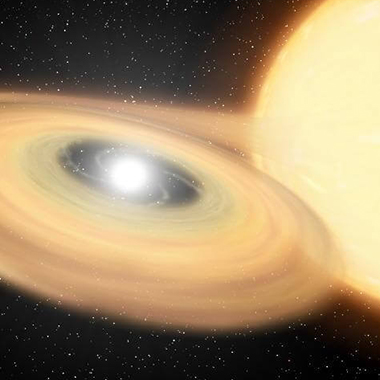Project-based learning deepens knowledge in science for 3rd graders in Michigan

In its March 29, 2021 edition of The Conversation, Joseph Krajcik, Michigan State University Lappan-Phillips Professor of Science Education in the Colleges of Natural Science and Education and director of the CREATE for STEM Institute, along with colleague Barbara Schneider, John A. Hannah Chair in the MSU College of Education and the Department of Sociology, share their findings around project-based learning and how it expands students' understanding of scientific concepts and their social-emotional skills.
Project-based learning is the focus of CREATE's Multiple Literacies in Project-Based Learning (ML-PBL) research and curriculum design. As opposed to learning from textbooks, students in PBL classrooms spend time developing driving questions, designing research projects, and working with other students to find solutions to problems or questions.
.jpg)
The findings thus far have been exciting and appear to hold promise for other elementary grades, as well. ML-PBL has been awarded a Next Generation of Science Standards (NGSS) Design Badge and was recently featured on Edutopia, an education-focused initiative funded by the George Lucas Educational Foundation, which funded this important work.
ML-PBL was designed using principles supported by research and aligning with recommendations from the National Research Council. Compelling phenomena is at the center of student learning; students learn to use scientific practices and other skills to help make sense of the problem they are solving.
To learn more about CREATE's ML-PBL work, go to https://mlpbl.open3d.science/
To learn more about CREATE for STEM, go to https://create4stem.msu.edu/.
Banner image: In a recent article in The Conversation, MSU's Joe Krajcik and Barbara Schneider share their findings around project-based learning and how it expands students' understanding of scientific concepts and their social-emotional skills. Credit:The Conversation



